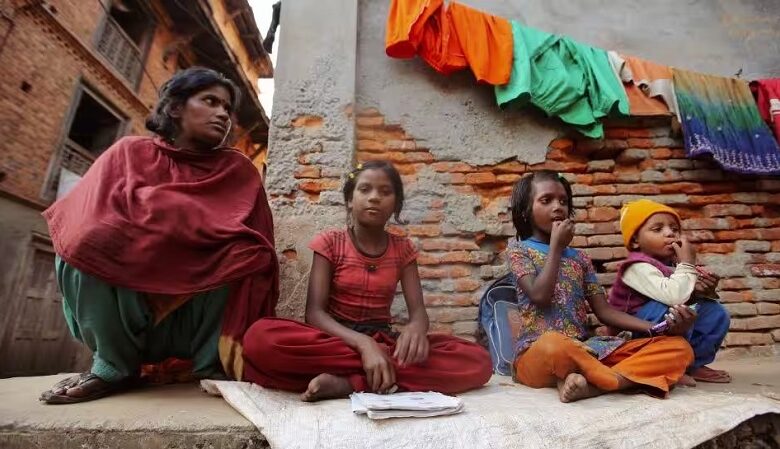Pakistan’s Soaring Poverty Rates Demand Urgent Policy Reforms, Says World Bank

Pakistan’s economic landscape has been marred by the rapid increase in poverty rates. Over the past year, an alarming 12.5 million people have slipped below the poverty line, defined by an income level of $3.65 per day. This has pushed the number of Pakistanis living in poverty to approximately 95 million. The dire consequences of this surge in poverty extend beyond mere statistics, impacting the lives and well-being of millions of individuals and families.
One of the pressing issues contributing to Pakistan’s rising poverty rates is its economic instability. The World Bank points out that Pakistan has the lowest per capita income in South Asia. Over the past two decades, the nation’s average real per capita growth rate has stagnated at a mere 1.7%. This stands in stark contrast to the average per capita growth rate of 4% witnessed by South Asian countries. The bank highlights that Pakistan’s per capita income, which was once among the highest in South Asia during the 1980s, has now plummeted to one of the lowest in the region.
Tobias Haque, the World Bank’s lead country economist for Pakistan, emphasizes that Pakistan faces not only an economic crisis but also a severe human development crisis. The situation demands significant policy reforms to address the worsening poverty situation and boost living standards. Haque underscores that Pakistan’s existing economic model is no longer effective in reducing poverty and that the nation has fallen behind its regional counterparts.
NajyBenhassine, the country director for Pakistan at the World Bank, echoes the urgency for policy changes. He views this moment as a critical juncture for Pakistan, where substantial shifts in economic and development policies are imperative to reverse the trend of increasing poverty rates. Benhassine stresses that Pakistan’s economic and social well-being is at stake and that immediate action is necessary to tackle these pressing challenges.
In addition to soaring poverty rates and economic instability, Pakistan faces another daunting challenge: a high number of out-of-school children. The country holds the unfortunate distinction of having the highest count of out-of-school kids globally. This crisis in education further exacerbates the nation’s development issues, hindering its progress and potential.
Pakistan finds itself at a crossroads, grappling with economic and social crises that demand swift and decisive action. The World Bank’s warnings serve as a call to action for Pakistan’s policymakers to reassess and reform their economic and development strategies. Prioritizing policies that effectively combat poverty, stimulate economic growth, and improve access to education is imperative.
Moreover, international collaboration and support can play a pivotal role in assisting Pakistan on its path to recovery and sustainable development. The challenges are formidable, but with a commitment to reform and a concerted effort to address the root causes of poverty and economic instability, Pakistan can work towards a brighter and more prosperous future for all its citizens. The time for meaningful policy shifts is now, and Pakistan’s response to this pivotal moment will shape its trajectory for years to come.
News Mania Desk / Agnibeena Ghosh 25th September 2023






